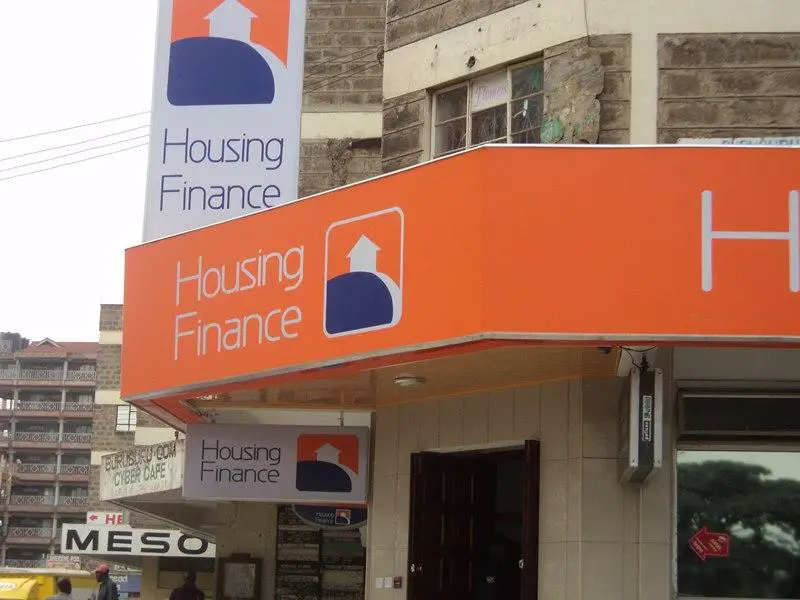
Taxi drivers signed on to the Uber Kenya and Bolt platforms have today morning escalated last week’s go-slow to a full strike, in a bid to push the firms to lower the commission charged on their fees.
This comes a week after the new regulations to cap the commission charged by taxi-hailing firms at 18 per cent took effect.
The same has been challenged in court by Uber, which maintains that the move will restrict flexibility on its revenue model, and stifle the ability to negotiate suitable commissions that will affect its investment, demand and competition.
For the better part of Monday, October 3, most Uber and Bolt drivers went offline on the platforms.
As of the publishing of this post, only Little Cab drivers were operating.
At around midmorning, dozens of Uber and Bolt drivers gathered at Luna Park, along Haile Selassie Ave, Nairobi, as part of the industrial action.
“Bolt and uber drivers in Kenya have decided enough is enough.
Following are the main reasons; No more discounts, Cap commissions, No more account blockages, Price change.
Kadere wamechoka,” one driver wrote on social media, attaching the photos below.




Last Monday, drivers were not accepting rider requests from the two apps in areas such as Eastlands, Kasarani, Nairobi CBD, Waiyaki way, and Kilimani area.
“We are asking Uber and Bolt to obey the law.
Regulations were supposed to take effect on September 22.
This is the backbone of our strike which started today morning,” said Zachariah Mwangi, chairman of the Online Taxi Drivers and Digital Taxi Association of Kenya.
Unlike Uber, Bolt has not made any public reaction to both the latest regulation and the driver’s protest.
Uber charges 25 per cent commission per single ride, while Bolt and Little platforms charge 20 per cent and 15 per cent, respectively.

















































